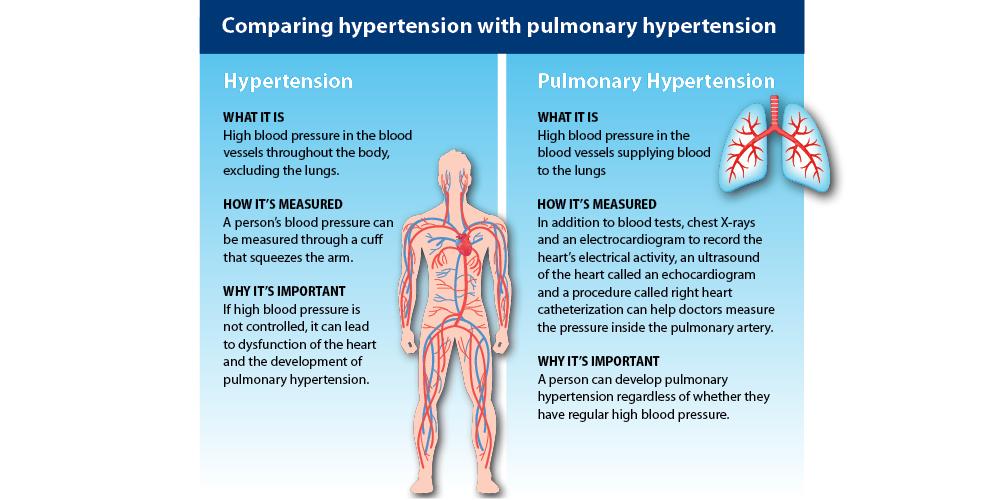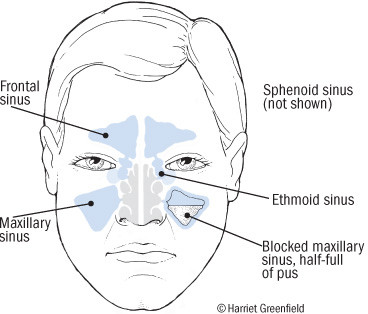Dehydration is a significant medical condition resulting from a net loss of water from the body. It can occur due to various reasons, such as excessive sweating, illness, or inadequate fluid intake. The consequences of dehydration range from mild discomfort to severe, life-threatening conditions.
One of the primary symptoms of dehydration is thirst, an early signal indicating the body’s need for water. In addition to thirst, dehydration can cause headaches. The exact mechanisms linking dehydration to headaches are not fully understood, but it is believed to involve narrowing blood vessels as the body loses water and electrolytes.
Another symptom often associated with dehydration is neck pain. However, it’s important to differentiate dehydration-related discomfort from other causes of neck pain. For instance, a persistent neck ache could be a sign of a more serious condition, such as a cervical artery dissection or a vertebral artery tear, as outlined by Harvard Health. Additionally, factors like poor sleeping positions can lead to neck pain, unrelated to dehydration.
Dehydration also increases the risk of certain salivary gland disorders. Maintaining good hydration is crucial for salivary gland health and overall oral hygiene.
It is essential to recognize the signs of dehydration and take preventive measures, especially during physical activity or in hot weather conditions, as highlighted by The Well by Northwell. Drinking adequate fluids, monitoring for symptoms like excessive thirst and headaches, and seeking medical advice when necessary are key strategies to prevent and manage dehydration.



